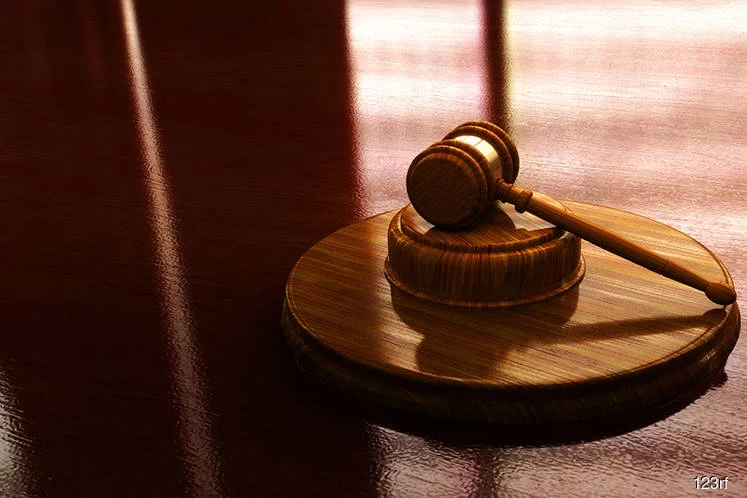
Kiribati is rated as ‘open’ by the CIVICUS Monitor. However, there remain concerns about media independence, the existence of criminal defamation laws and the lack of a national human rights institution.
Association
In recent months, the Kiribati government has launched an attack on the judiciary by attempting to deport a High Court judge, as well as suspending the Chief Justice and the country’s three remaining Court of Appeal judges.
The Kiribati crisis was set in motion in May 2022, when the President of Kiribati suspended Judge Lambourne from the High Court and appointed a tribunal to investigate unspecified allegations of misconduct against the senior judge. In June 2022, when Lambourne’s appeal against his suspension came up in court, the government suspended the Chief Justice William Hastings who was to hear the case.
Lambourne is a longtime resident of Kiribati and was formerly its solicitor general. He had been serving as a high court judge since 2018. He was stranded in Australia since February 2020 due to the COVID-19 pandemic but returned to Kiribati on 1st August 2022.
Australian David Lambourne has been granted bail after the High Court judge was placed in immigration detention following a failed deportation attempt by the Kiribati government. https://t.co/XpBHaPEQyW
— ABC Pacific (@ABCPacific) August 12, 2022
On the morning of 11th August 2022, officials arrived at Lambourne’s residence in South Tarawa with a deportation order and a same-day airline ticket to Fiji. The government said he had breached the conditions of his visitor’s visa and posed a security risk to the Pacific nation. Despite his lawyers securing a halt to the deportation from the Court of Appeal, authorities tried to force him onto a Fiji Airlines plane, without success.
The judge was subsequently detained and taken to motel-style accommodation near the airport.
At a Court of Appeal hearing the following day, it ruled the Attorney-General must take "all steps necessary to ensure that the respondent is not deported from Kiribati". It added that attempts by police and immigration officers to force Justice Lambourne onto the plane were in breach of the court order. Lambourne was then released on bail.
Justice Lambourne is married to Tessie Lambourne, the leader of the opposition party. According to ABC news, he said he believed he was being targeted because the government was trying to force his wife out of politics.
🇰🇮 #Kiribati: @UNIndepJudges expresses grave concern for one of Kiribati’s most senior judges, David Lambourne, who was detained by immigration authorities after a failed attempt by the government to deport him. Read more: https://t.co/lgrByz2AVT pic.twitter.com/w4W8f5rUie
— UN Special Procedures (@UN_SPExperts) August 25, 2022
On 25th August 2022, Diego García-Sayán, the UN Special Rapporteur on the independence of judges and lawyers, expressed grave concern about the case. He said: “The attempted deportation of Judge Lambourne is only the latest in a series of measures by the Government of Kiribati that interfere with the security of tenure of the judge and undermine the independence of the judiciary.”
The UN experts said that the Kiribati Government had made several attempts to prevent him from returning to the island and resuming his position as a High Court judge.He urged “authorities in Kiribati to ensure the independence of the judiciary and the tenure of judges.”
On 6th September 2022, the government suspended the country’s three remaining High Court judges, an apparent retribution for their rejecting the government's bid to deport Judge Lambourne.
The judges – Peter Blanchard, Rodney Hansen and Paul Heath, all retired New Zealand judges – are being referred to a tribunal to be established by the Kiribati government to determine whether they should remain in office.
International legal bodies condemned the shock suspension of the three remaining court of appeals judges. The International Bar Association's Human Rights Institute accused Kiribati's President Taneti Maamau of "attacking judicial independence". The New Zealand Law Society's vice-president Ataga'i Esera warned the rule of law was at risk. She added: "The Court of Appeal is Kiribati's highest local court, and its decisions should be respected. The rule of law demands this”.
The decision effectively leaves Kiribati without any functioning high-level courts, deepening its legal and constitutional crisis.